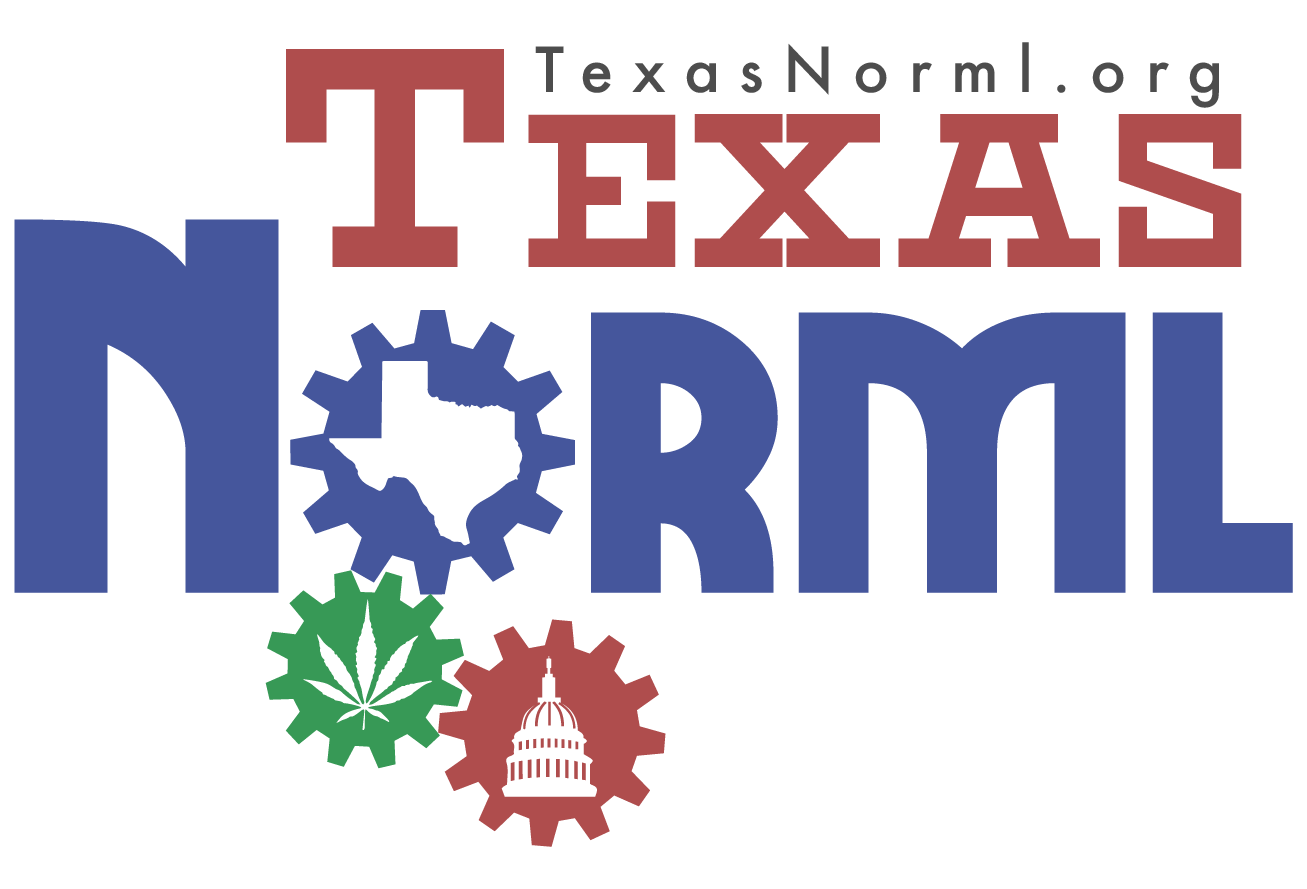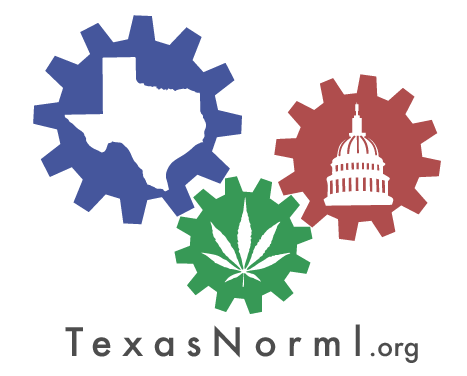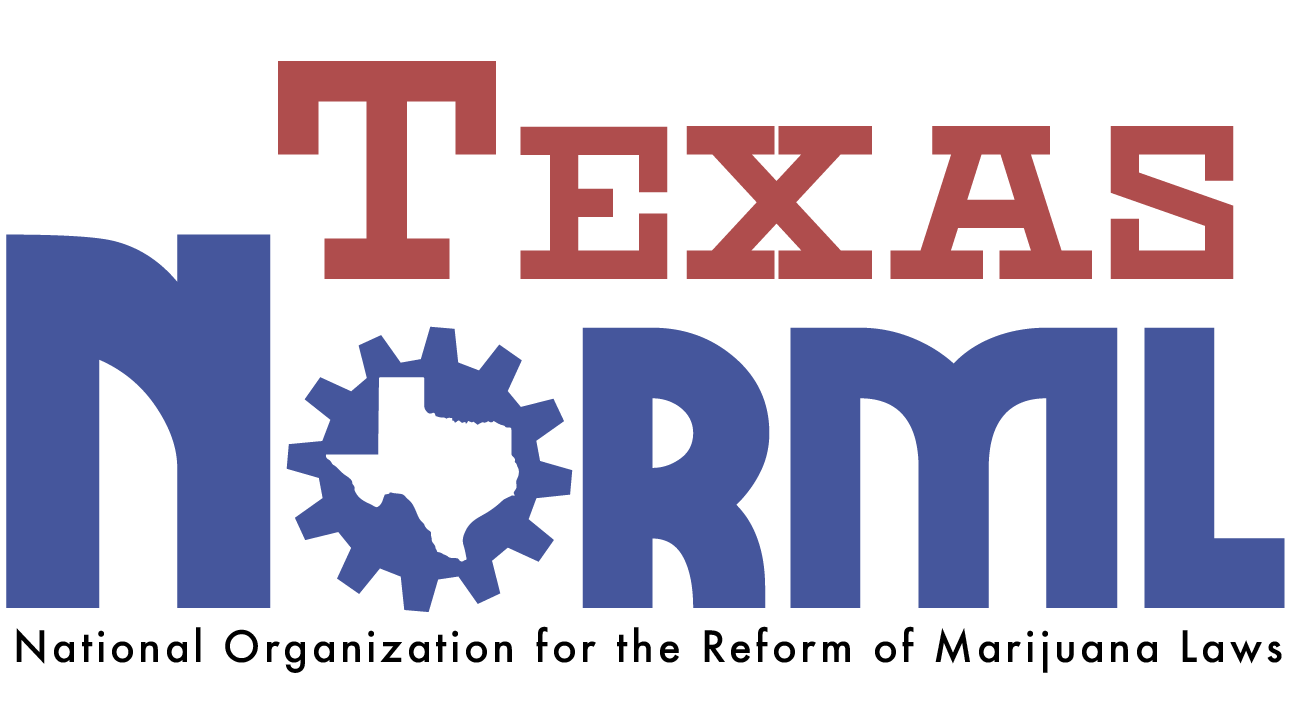Our Commitment to the Community
As communities call out for justice in the names of those whose lives have been cut short by police brutality, more Texans are having conversations about how we got here and how we mobilize to hold elected officials and law enforcement accountable. While cannabis law is only a part of the conversation, its criminalization is one of the tools commonly used to justify and perpetuate injustices.
In 1915, El Paso passed the first city ordinance that prohibited cannabis possession. An article published June 4, 1915, in the El Paso Times said, “Marihuana (also known as the “Mexican opium”) is known to create a lust for human blood in the users and some of the most atrocious crimes committed in the city and elsewhere have been attributed to these fiends.” The law spread across Texas and to this day the statutes use the term “marihuana.”
Jim Crow laws have impacted the criminal justice system and mass incarceration. Racial bias was also evident in the Nixon administration, which created the Controlled Substances Act. Nixon adviser John Ehrlichman later acknowledged: “We knew we couldn’t make it illegal to be either against the war or black, but by getting the public to associate the hippies with marijuana and blacks with heroin, and then criminalizing both heavily, we could disrupt those communities. We could arrest their leaders, raid their homes, break up their meetings, and vilify them night after night on the evening news. Did we know we were lying about the drugs? Of course we did.”
This history has fueled Texas to have one of the largest prison populations in the country. According to 2017 U.S. Census estimates, 12.7% of Texas’ population is African-American, yet when we analyze 2017 DPS arrest data African-Americans make up 28% of all possession arrests. While Texas has a lower than average disparity rate compared to other states, black people are still 2.6 times more likely to be arrested for marijuana possession than their white counterparts. It is of note that this data only allows for an exploration of disparities between Black and white people, and not between Latinx and white people. Similar to many federal data collection efforts, this data does not identify Latinx individuals as a distinct racial group, but as an ethnicity. Latinx individuals of all races are likely miscoded in various ways. This miscoding likely leads to an underestimation of the true rate of racial disparities experienced by people of color at the hands of police. Arrests of Latinx individuals coded as white in the data likely artificially inflate the number of white arrests, leading to an underestimation of the disparity between Black and white arrest rates.
In a February 2020 letter, the Department of Public Safety (DPS) stated, “Annually, there are more than 80,000 misdemeanor marijuana arrests made in Texas.” According to 2017 DPS data of arrested, roughly 50% of were between the ages of 17-24, a 21% increase since 2015. According to 2017 DPS clearance rates, 89% of all burglaries, over 60% of all reported rapes, and over 25% of all murders went unsolved. These clearance rates could dramatically increase if law enforcement focus their time and efforts on crimes against people and property as opposed to enforcing an antiquated and racially charged statute in the Texas penal code against cannabis.
The Texas NORML Board takes our obligation to the public and our community very seriously. We are proud to have people from all walks of life on our board. We work hard to create a space where people can feel safe in advocating, where there is a seat at the table and a voice in the conversation for those who have been harmed by the prohibition of cannabis. To this end, several years ago we created a board policy regarding our intolerance for racism. It reads:

We work to connect with community leaders, stakeholders, and others to make sure that we are considering all perspectives when advocating for reform. Whether we are focusing on medical freedoms, protecting high risk demographics or deconstructing the overtly racist prohibition of cannabis, the Texas NORML Board will continue to work towards inclusive and intersectional change for Texas.
Many of you might be wondering what you can do. Here are a few things we recommend:
- Participate in Primary Runoff Elections. Find out how the candidates stand on cannabis issues and help get out the vote! Early Voting Begins: Monday, June 29, 2020 | Election Day: Tuesday, July 14, 2020.
- Connect with local organizations and your city council to work with them to restrict city funds from being spent on arresting for personal possession or THC testing. Check out what we did with #DecrimATX.
- Continue to push state legislators to make comprehensive reforms in the upcoming legislative session. Our recent #SaferTX action called on the Governor to take action to protect Texans. Expect more of these actions!
- The DC office recently released a blog about Marijuana Legalization and the Fight for Racial Justice that we encourage you to read.
In Solidarity,

Sources:
- EL Paso Times
- U.S. Census Bureau, “QuickFacts Texas”, U.S. Government, 2017. Accessed 3/5/19
- Texas Department of Public Safety, “Texas Arrest Data” ,chapter 9, Texas Department of Public Safety, 2017 Accessed 3/4/19
- ACLU Marijuana Arrest Report, 2020 – https://graphics.aclu.org/marijuana-arrest-report/TX?
- Texas Department of Public Safety, Memo dated 2/18/20 – https://www.informedtexas.org/wp-content/uploads/2020/02/thcMethodologyUpdate.pdf
- Texas Department of Public Safety, “Texas Arrest Data” chapter 9, Texas Department of Public Safety, 2017
- Texas Department of Public Safety, “Texas Arrest Data” chapter 9, Texas Department of Public Safety, 2015
- Texas Department of Public Safety, “Texas Arrest Data”, Texas Department of Public Safety, 2017


